20 foods that are secretly good for you
Bolster your defences

Evgeny Karandaev/Shutterstock
Washing your hands and keeping away from people who are ill are the most effective ways to stay well – but eating healthily, and thereby avoiding nutritional deficiencies, is another vital weapon in your immune health armoury. Tuck into these top foods, suggested by loveFOOD's nutritionist Angela Dowden, to help give your immune system a boost.
Tuck into a daily carrot
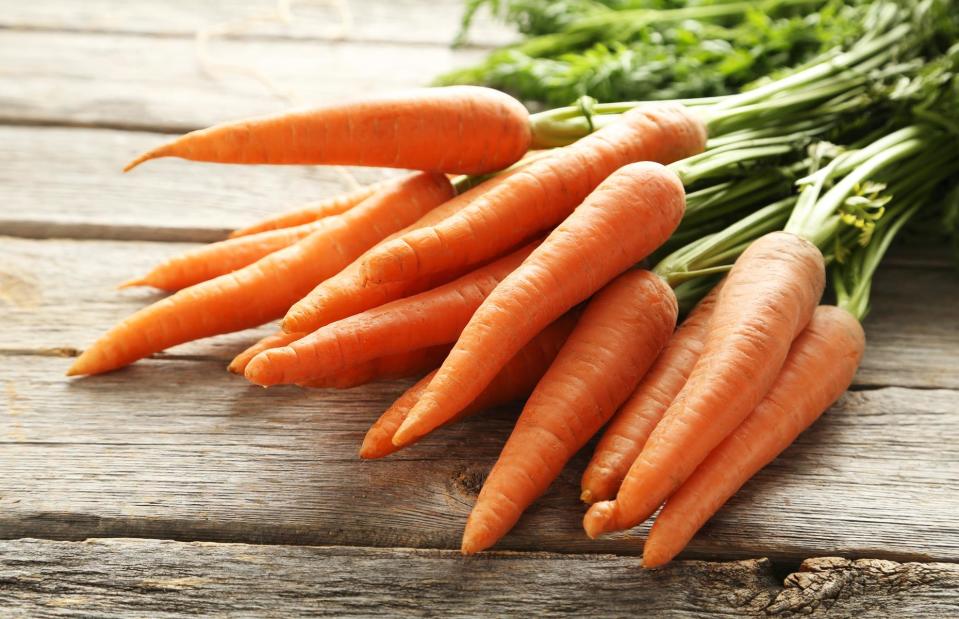
5 second Studio/Shutterstock
Adding a cooked carrot to your daily diet is a great way to boost health. Heat softens the carrot's cell walls, allowing more beta carotene – which helps the body produce vitamin A – to be absorbed. Just one carrot will supply enough beta carotene for your body to convert into just over the recommended daily intake of vitamin A. This is vital for your defences, as it helps to maintain the mucous passages that act as a barrier to viruses and bacteria.
Pile on the peppers
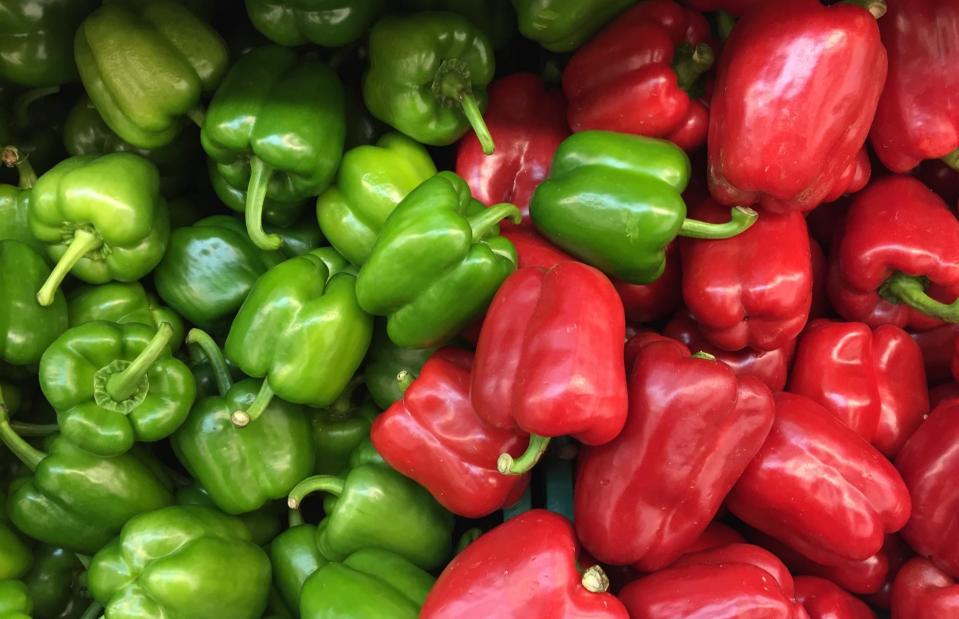
Thanakornbb/Shutterstock
Did you know that just 6oz (175g) chopped red or green peppers will provide you with almost three times more vitamin C than an orange? Vitamin C is important for maintaining a healthy immune system, particularly during and after intensive physical activity (exercise fanatics, take note). Red peppers are also rich in vital vitamin A.
Chomp on kale
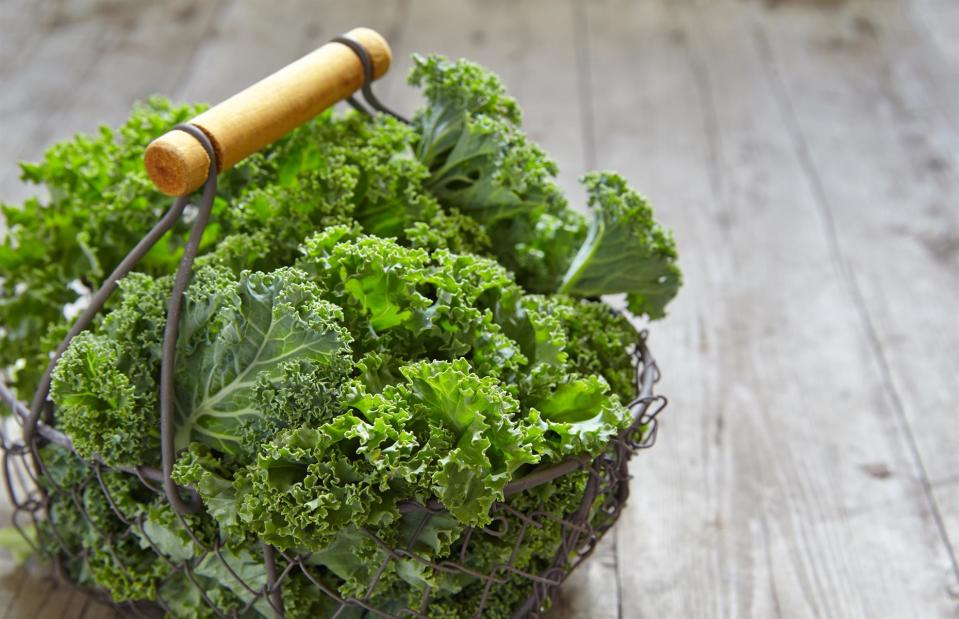
Elena Shashkina/Shutterstock
Another vegetable that packs more vitamin C than citrus fruit, kale is also a marvellous provider of vitamin A (from beta carotene) and other immunity-boosting antioxidants, including vitamin E. For maximum flavour, try it stir-fried with garlic, or add some to your morning smoothie.
Go for garlic
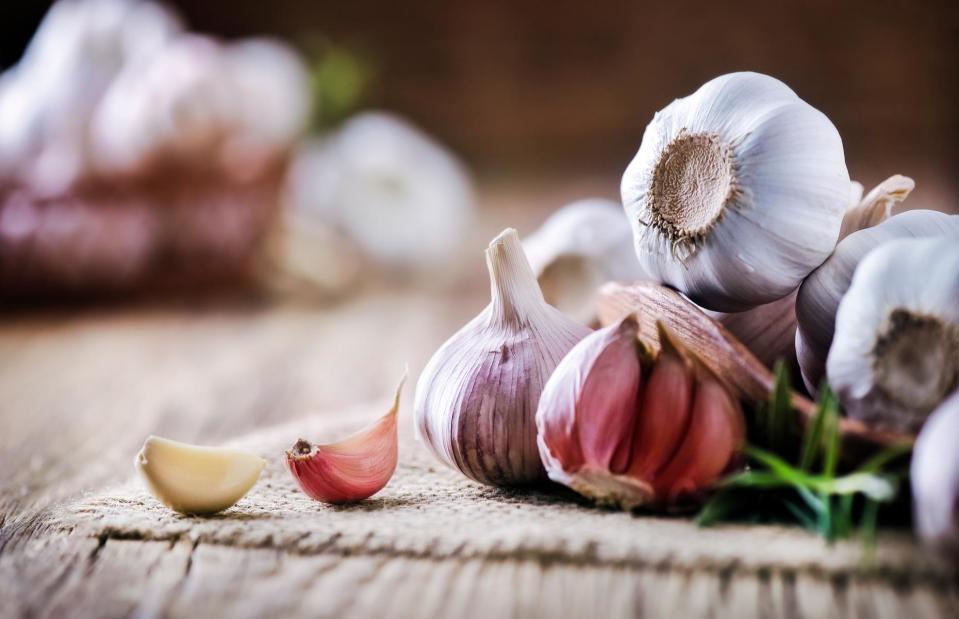
Krasula/Shutterstock
Research suggests that eating garlic can help reduce your chances of catching the common cold. A freshly crushed garlic bulb is a good source of the health-boosting active ingredient allicin, which fights bacteria. If you're not a fan of the taste of garlic, you could always try garlic supplements instead.
Don’t forget protein
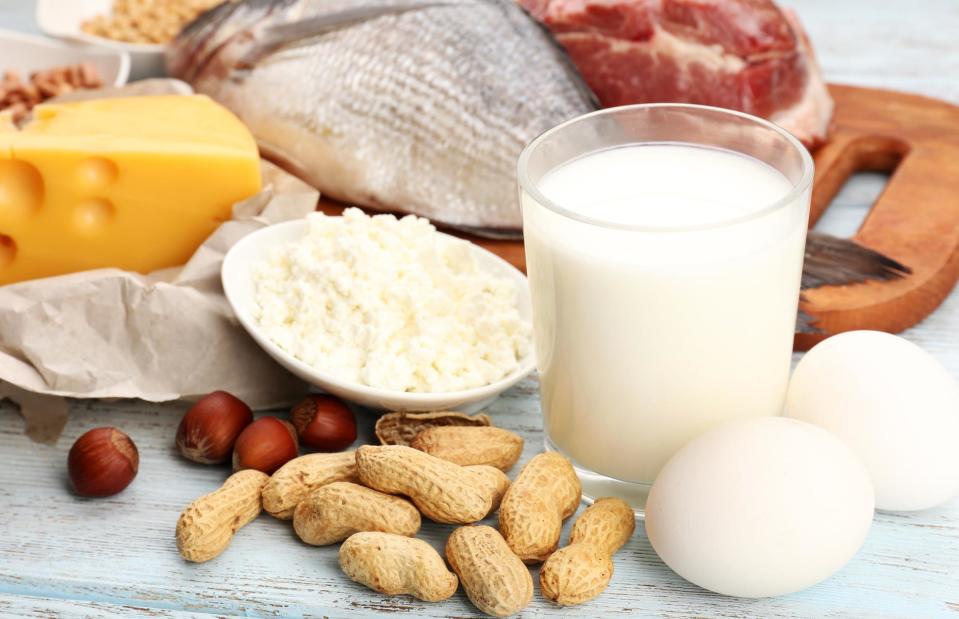
Africa Studio/Shutterstock
Protein is made up of amino acids – chemical building blocks – which are essential to support the body's immune system, helping with healing and recovery. The recommended daily intake of protein for adults is around 0.03oz (0.75g) per 2.2lb (1kg) of body weight in Australia and the UK, and ever-so-slightly more in Canada and the US. That's around 1.5oz (45g) for the average woman and 2oz (57g) for the average man. Protein-rich foods include seafood, lean meat, poultry, eggs, beans, peas, soya products (like tofu), and nuts and seeds.
'Fine tuna' your immune system
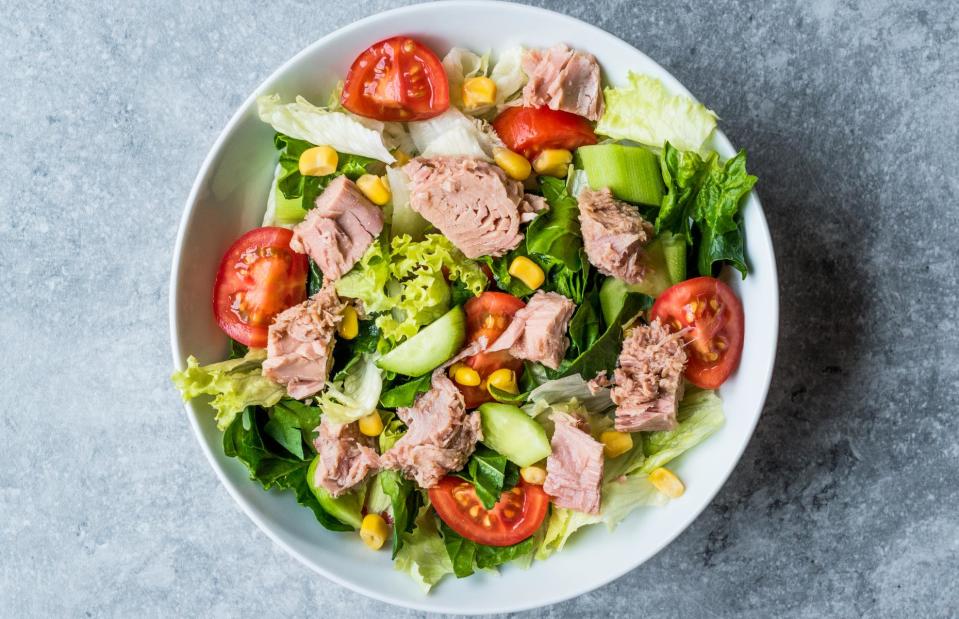
Alp Aksoy/Shutterstock
Tuna is a protein rich in the antioxidant selenium, which many people have in short supply in their diet. Studies have shown that a deficiency of this trace mineral may increase the severity of a flu virus. Research also suggests that selenium lowers the risk of heart disease, reduces the symptoms of asthma and boosts immunity in general.
Try tinned sardines
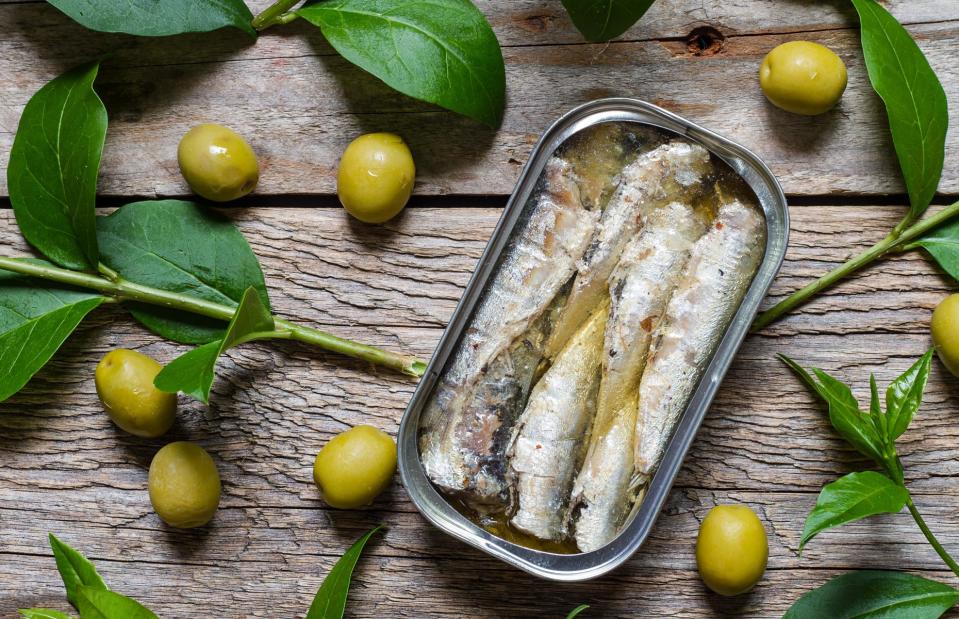
alfernec/Shutterstsock
Sardines can also do wonders for your immune system. Like tuna, they contain selenium – along with a smorgasbord of other nutrients, including vitamin B12, iron and vitamin D, all of which contribute to building the body's resilience to infections. Sardines are common in the Mediterranean diet, which is lauded for its health benefits.
Make room for mushrooms
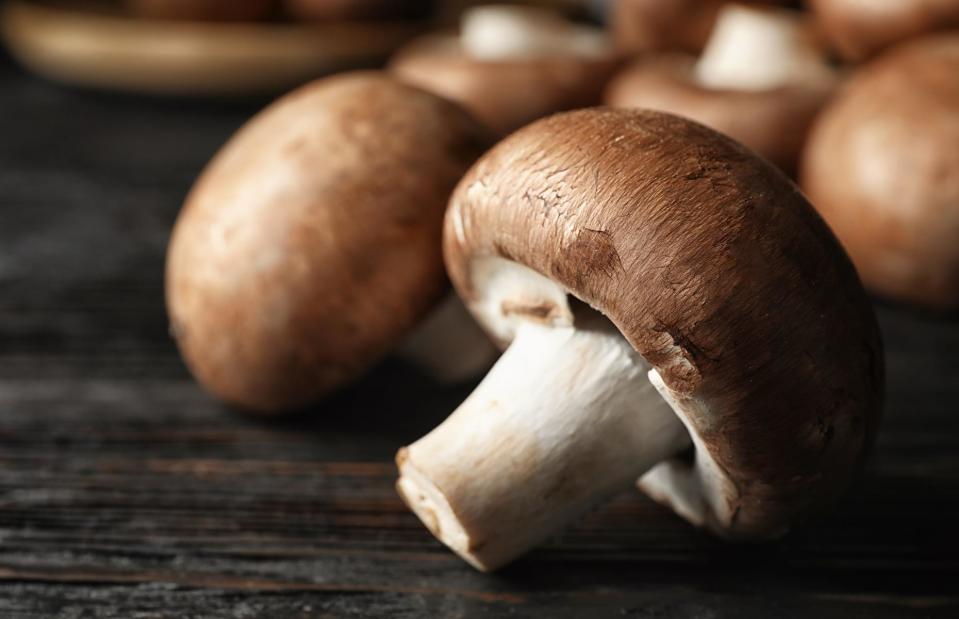
New Africa/Shutterstock
It's not just green, red and orange foods that help your immune system – mushrooms are a decent source of selenium and B vitamins, too. Some supermarkets sell vitamin D–enriched mushrooms, which typically have 100 IU (2.5mcg) of vitamin D per 3.5oz (100g). That's a good chunk of your recommended daily intake, 600 IU (15mcg).
Nibble on cashews, Brazils and peanuts
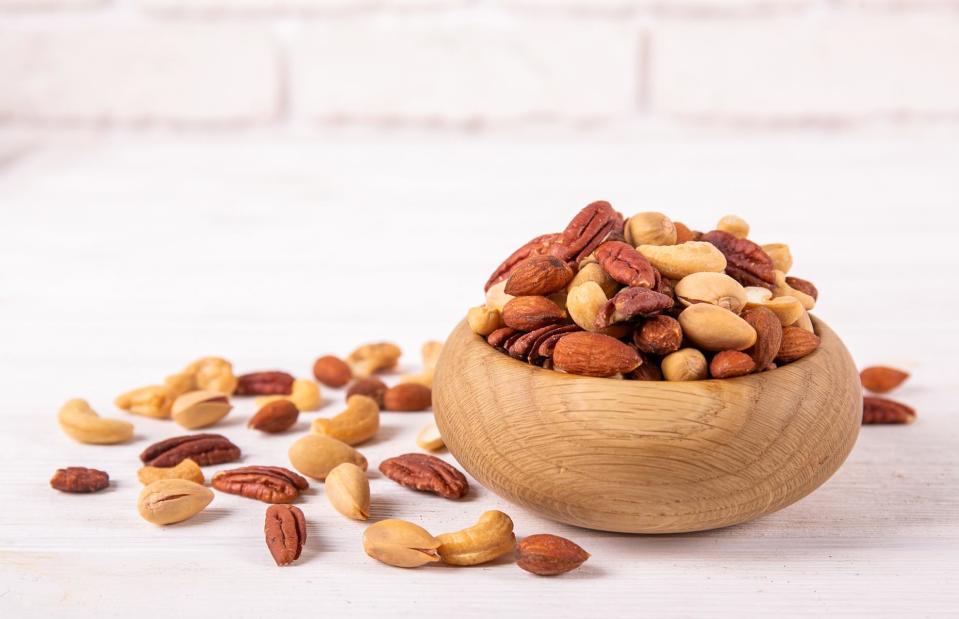
evrymmnt/Shutterstock
All nuts are nutritious – but grab a mixture of cashews, Brazil nuts and peanuts, and you’ll get particularly good levels of zinc, selenium, iron and vitamin B6. All of these vitamins and minerals play a key part in keeping your immune system healthy.
Help yourself to the occasional sweet treat

Africa Studio/Shutterstock
In the past it was thought that sugar suppresses the immune system – however, more recent studies suggest glucose may help viral infections get better (but hamper recovery from bacterial ones). Either way, there’s no evidence that a modest amount of sugar is going to make you more susceptible to illness.
Have some honey
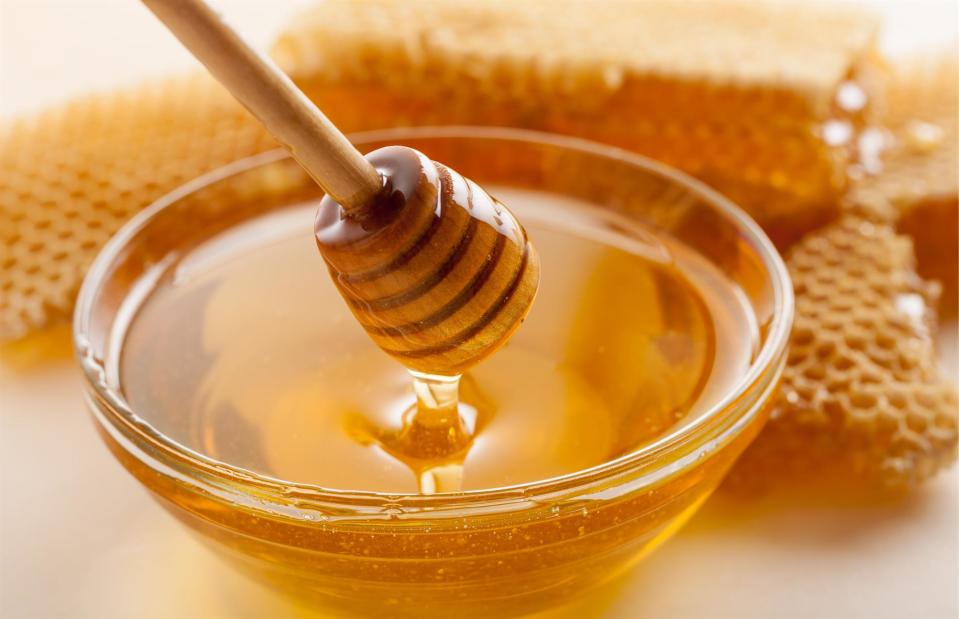
Billion Photos/Shutterstock
A 2018 study found that in children with a cough, honey relieved symptoms better than diphenhydramine (an antihistamine cough-suppressant). The NHS also recommends drinking hot lemon and honey to ease a cough – but not for children under 12 months. The sweetness of honey helps you produce more saliva, which lubricates your airways and eases cough symptoms. It's thought to reduce inflammation and break up mucus, too.
Get a boost of bacteria from kefir
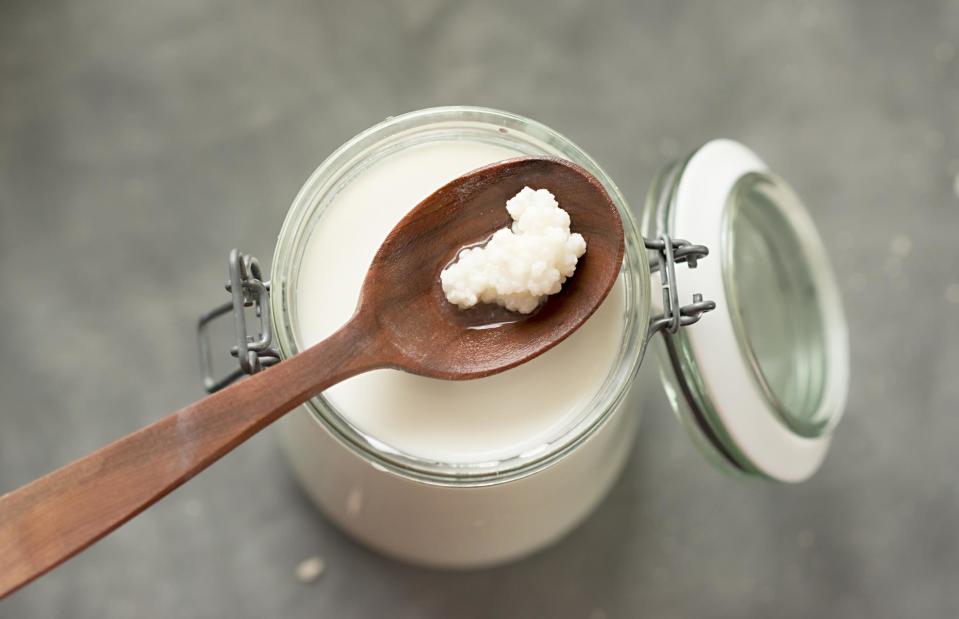
Marcel Jancovic/Shutterstock
Kefir provides a whole range of beneficial bacteria and yeasts, which together may help to make your immune system work more efficiently. Studies have shown that some kefir-specific microbes help to prime the immune system against bacterial infections. A product made the time-honoured way, with real kefir grains (cultures), is probably best.
Drizzle some cold-pressed rapeseed oil

KatharinaRau/Shutterstock
A little cold-pressed rapeseed oil has all the heart-healthy monounsaturated fats found in extra virgin olive oil, plus high levels of the antioxidant vitamin E, which helps support your immune system. Vitamin C regenerates vitamin E after it's done its job of protecting cells, so vitamin C–rich vegetables like peppers and leaves are the perfect foods to team with your oil.
Eat a little red meat
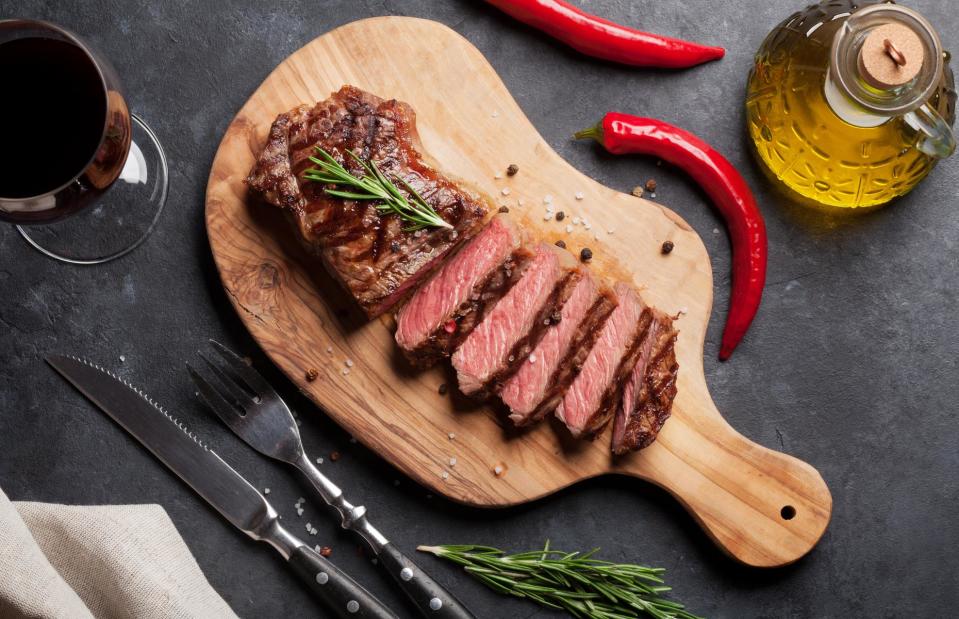
Evgeny Karandaev/Shutterstock
Zinc helps the immune system work properly and aids in wound healing, while iron is also important for immune function. The best source of both? Lean red meat. The World Cancer Research Fund recommends that we eat no more than 18oz (500g) cooked red meat a week. Nuts contain good amounts of these nutrients, too.
Choose whole grains
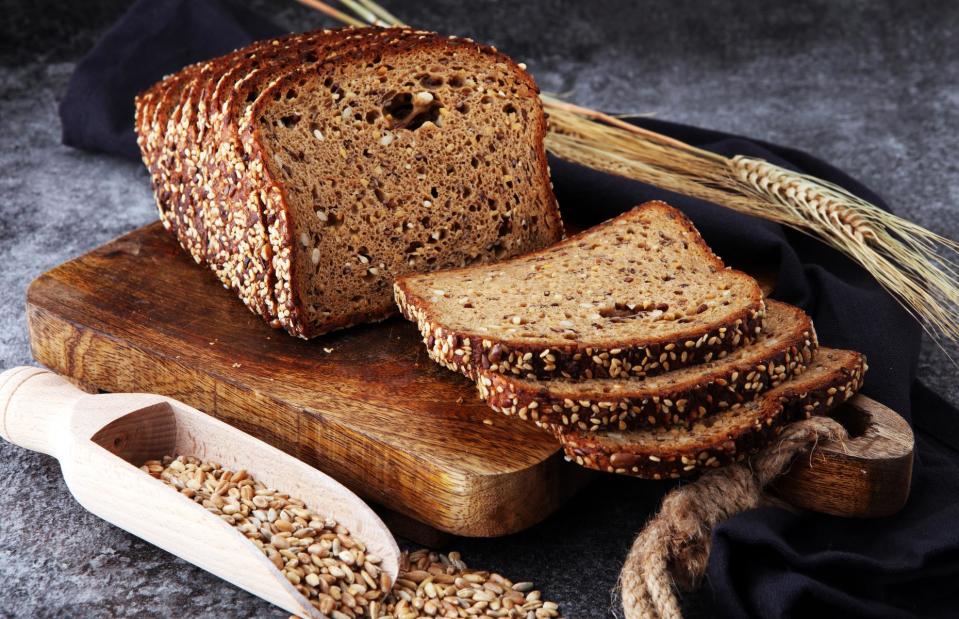
beats1/Shutterstock
In a Tufts University study, consumers of whole grains were shown to have increased levels of lachnospiraceae bacteria, which produce short-chain fatty acids needed for a healthy immune system. Those who consumed a whole grain diet also had higher levels of T-cells – a type of white blood cell that wards off infection. Whole grains are also packed with fibre, vitamins and minerals, and are said to lower the risk of heart disease.
Up your oats

Africa Studio/Shutterstock
Oats supply beta glucan – which, when given as a high-dose supplement, has been shown to prevent (and reduce the symptoms of) the common cold. A bowl of porridge won't stop full-on sniffles, but it will also provide fibre and B vitamins, and can contribute to lower cholesterol levels.
Focus on prebiotic fibre
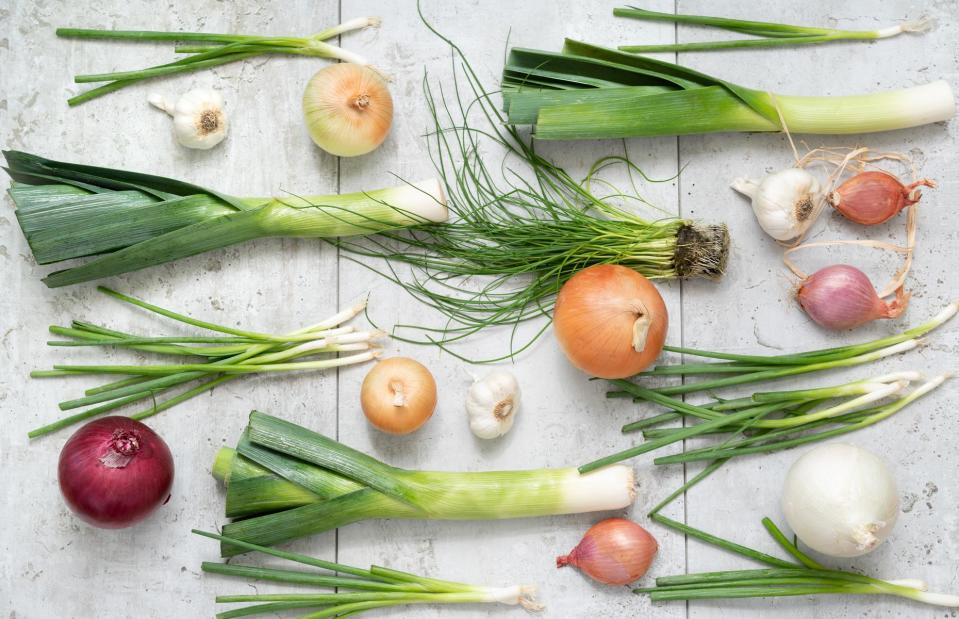
Nicole Agee/Shutterstock
Foods high in the specific prebiotic fibres that nourish good gut bacteria include asparagus, onions, garlic, leeks and Jerusalem artichokes. Prebiotics can help stimulate the immune system by improving the balance between anti-inflammatory and inflammatory chemicals called cytokines.
Bring on the berries
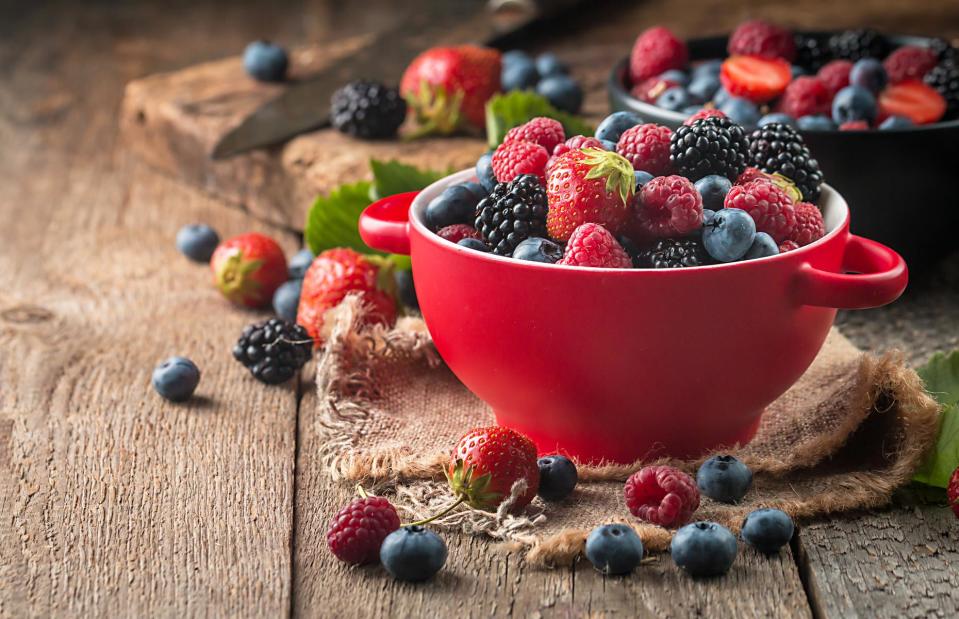
Goskova Tatiana/Shutterstock
Berries contain a range of phytochemicals including anthocyanins, which can boost the health of good bacteria in the gut – which in turn benefits the immune system. Berries are also packed with vitamin C and other antioxidants that have been shown to help fight off respiratory infections and common colds.
Keep up your fluids

SedovaY/Shutterstock
If you don’t drink enough fluids, those all-important nasal passages can dry out and make infection more likely to take hold. Water doesn’t run the monopoly in terms of being able to hydrate, though – tea, coffee, soups and juices can all count, too.
Vitamin C supplements – yes or no?
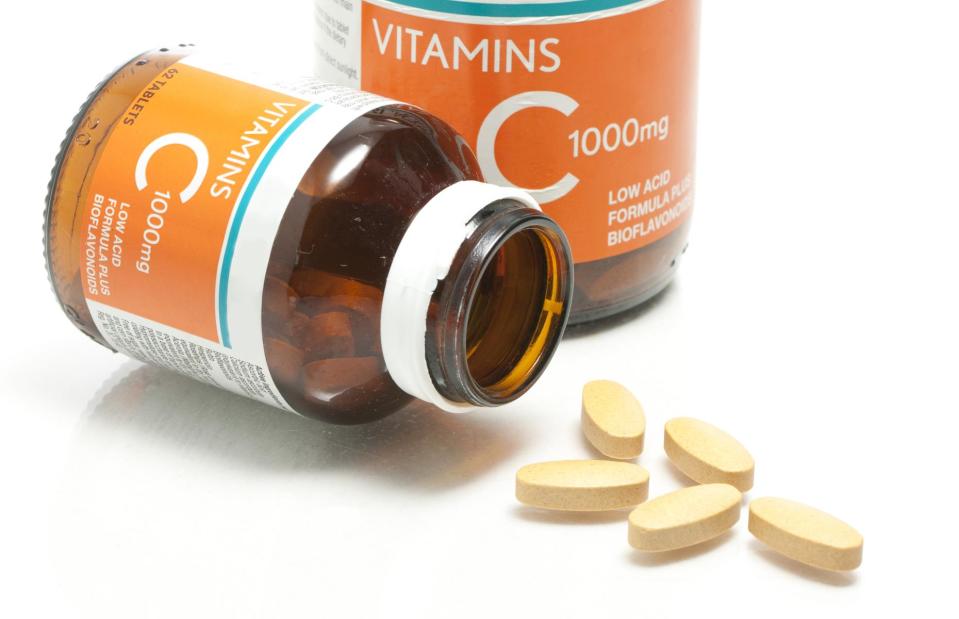
Wutthichai/Shutterstock
You'll get all the vitamin C you need from a healthy diet – and taking extra vitamin C in supplement form won’t stop you catching a cold. However, if you're already infected, research has shown that vitamin C might shorten symptoms by about 24 hours, as long as you consume at least 200mg daily.
Get plenty of sleep...

George Dolgikh/Shuuterstock
As well as eating a balanced diet, it's important to have a healthy lifestyle as well. One of the simplest ways to keep your immune system firing on all cylinders is to get an early night. A study published by the Sleep Research Society found that people who slept six hours a night or less were four times more likely to catch a cold than people who slept more than seven hours a night.
...and don't forget to exercise

Maridav/Shutterstock
In a study published in the Korean Journal of Family Medicine, people who did regular, moderate-intensity exercise, such as brisk walking, were 27% less likely to contract a cold than those who didn't exercise. Regular exercise boosts circulation and increases infection-fighting white blood cells – but only venture outside if you're fit and well, with no symptoms such as a fever or cough.
Now find out how what you eat can affect your mood – and how to eat yourself happy
Last updated by Dominique Ayling.


